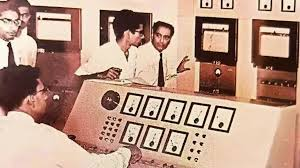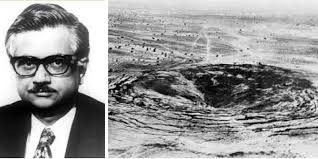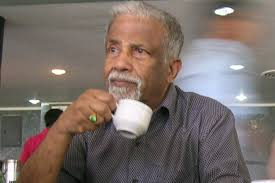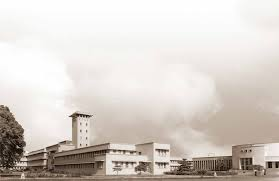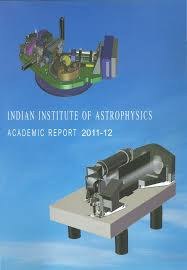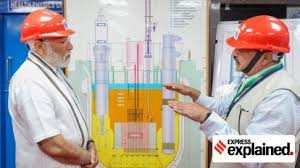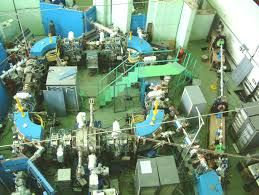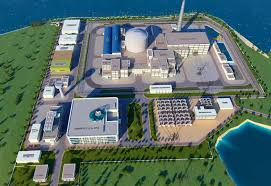Apsara was Asia’s first research reactor, and it went critical on 4 August 1956 at the Bhabha Atomic Research Centre (BARC), Bombay (now Read More
Dr. K.M.V. Apparao (born 1933), a scientist at the Tata Institute of Fundamental Research (TIFR), Bombay (now Mumbai), Maharashtra, made a Read More
“Bhabha Atomic Research Centre: Development of India’s First SemiconductorLaser (1965)”
The Bhabha Atomic Research Centre (BARC), Bombay (now Mumbai), Maharashtra, successfully developed a semiconductor laser, making India one of the early Read More
India conducted its first successful nuclear test at Pokhran, Rajasthan, in an operation codenamed “Smiling Buddha.” This test marked India’s entry Read More
Baidyanath Misra and E.C.G. Sudarshan, two prominent Indian theoretical physicists, discovered the Quantum Zeno Effect (QZE) in 1977 while conducting research Read More
S.N. Ekbote and A.V. Narlikar from the National Physical Laboratory (NPL), New Delhi, proposed a new theory of superconductivity that Read More
M. Vivekananda and R.S. Arora from the Raman Research Institute (RRI), Bangalore (now Bengaluru), Karnataka, made a significant contribution to atmospheric Read More
“India’s Safety Research Institute: Pioneering Nuclear Safety at Kalpakkam (1999)”
With the inauguration of the Safety Research Institute (SRI) at Kalpakkam, Tamil Nadu, on 20 February 1999, India became the second country after France Read More
INDUS-1 was India’s first synchrotron radiation facility, commissioned in 2002 at the Raja Ramanna Centre for Advanced Technology (RRCAT) in Indore, Madhya Read More
The Advanced Heavy Water Reactor (AHWR) was designed at the Bhabha Atomic Research Centre (BARC) in Mumbai as a key part of Read More

